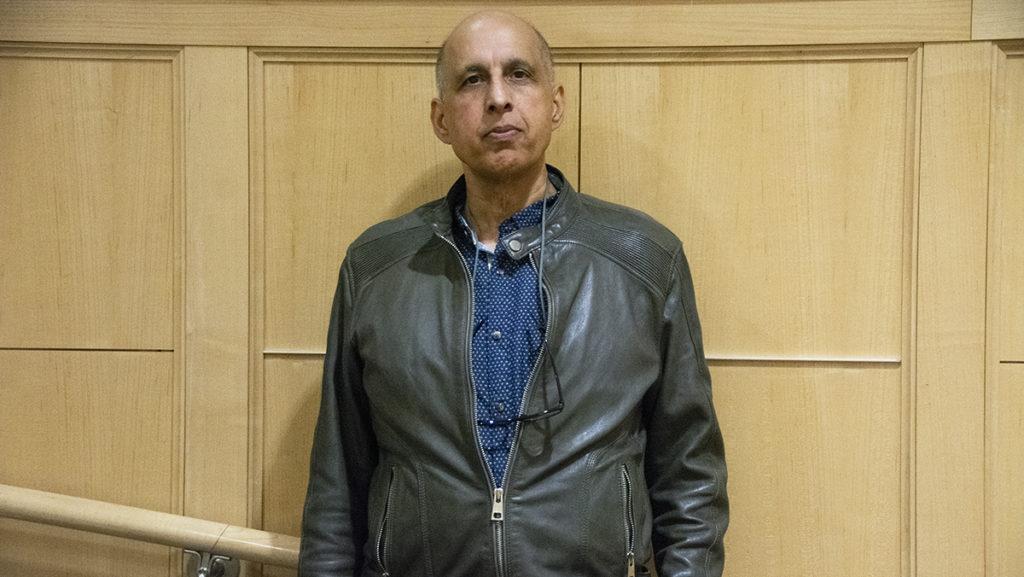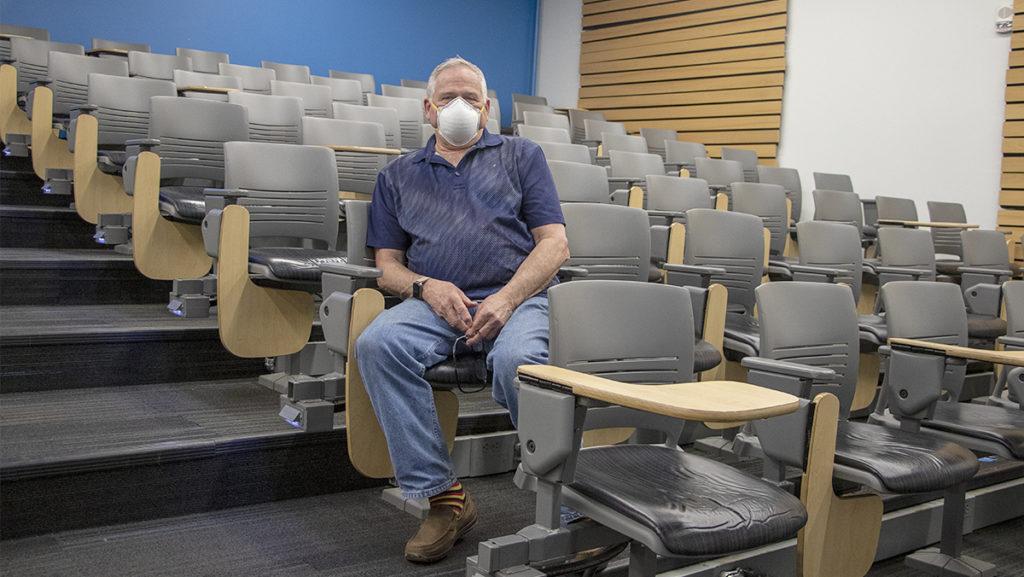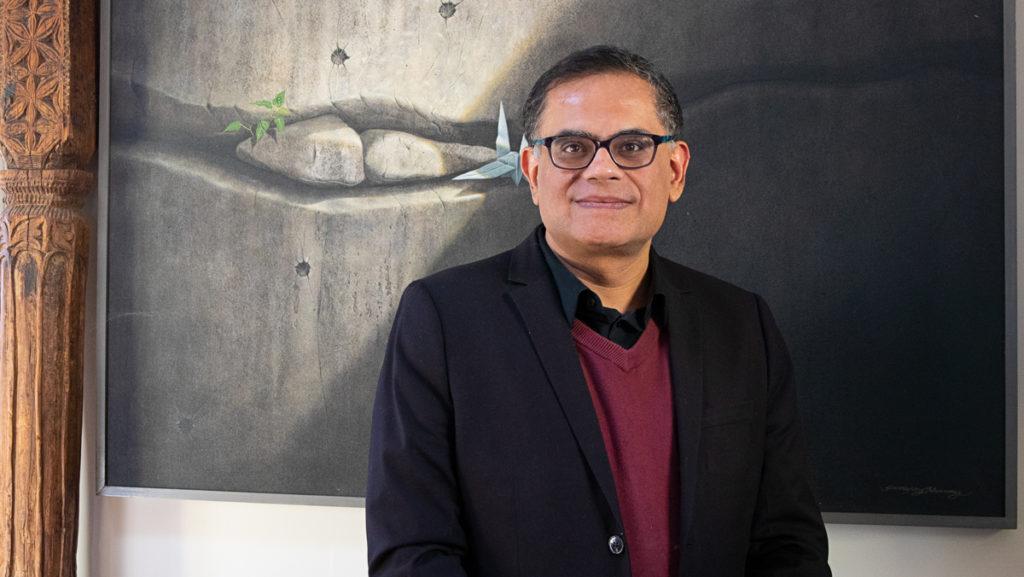President Collado has bet the future of Ithaca College on swiftly hiring a diverse leadership team and changing the college culture, thereby attracting students looking for diversity, equity and inclusion. We can think of this as the president’s brand. Our administrators tell us that their emphasis on race and gender will make the college more attractive to students and faculty.
Some faculty and students cheer for a leadership that is by design composed almost entirely of women and people of color. Others wish to be allies, believing that support is obligatory and that criticism reveals shades of racism and of sexism. Many believe that the administration cynically weaponizes race to shut down discussion. Still, others remain unsure of their footing in this fog of insinuation. In such an environment, merely articulating critical questions has required resolve.
What is the price of the administrative vision? Pursuing it ignores the damage created by disaster capitalism, with its authoritarian methods and hurried change.
The cruel indifference of the APP policy severs the lifeline of 116 full–time equivalent faculty and their families. This amputation is especially perplexing when our administrators admit that the college is not in financial exigency. Of course, exceptional change is especially efficacious during a disaster. President Collado and her team have pointed out repeatedly that the pandemic permits them to accelerate their plans. Administrators have merely applied what is known as the shock doctrine.
In The Chronicle of Higher Education, our president offers the following: “Seize the opportunity. Have a sense of urgency in getting a strong team in place to carry out your agenda.” Urgency is the administration’s leitmotif. It pushes the administration to bypass the cooperative process that faculty demand as their right. Uncalibrated speed leads to disorientation, even for those of us who want to support fellow workers and friends.
Many, and perhaps most, of my colleagues feel imposed upon. No one I know believes that this administration shares governance or has been fully transparent. Even at the best of times, the interpretation of admissions, demographics and budget is necessarily ideologically charged. Budget disclosure is always a political struggle. That is why the Open the Books coalition calls for public scrutiny. We demand decelerating the process so that it is inclusive and publicly deliberative.
The administration misunderstands an essential element of our dissent: a college community is founded on the relationships between students and faculty. These relationships ripple into a lifetime of connections both ideational and material. It is this relationship that development offices of every institution seek to exploit for building their endowment and securing their future. A pace that threatens to extinguish these relationships is reckless. They have chosen firings without considering the ripples.
The damage is underway. Something in my body broke when I learned the names of those slated to be fired. I, too, had started on yearly contracts at my college and would have lost my livelihood had the pandemic struck earlier. Among my colleagues, I sensed horror, fear, anger and sinking morale. The administration’s commitment to disaster capitalism has permanently divided our community. Our wounds are deep; they will not be easily healed.
It doesn’t have to be this way. Within our collective shock, grief, and mourning, we have begun to find each other and our principles. We have organized protests and revived associations. We argue there is still time to treat our economic lifeline in a manner that does not fracture and disembowel our colleagues’ lives. To do so requires us to consider economic disparities with the same seriousness with which we treat injustices of patriarchy and white supremacy.
We must alter the vision. Why not the following: “Ithaca College, where the budget is built on the premise that all workers are essential and not disposable.” What kind of faculty, staff and students might this vision attract? What kind of community might this principle anchor and sustain?



















